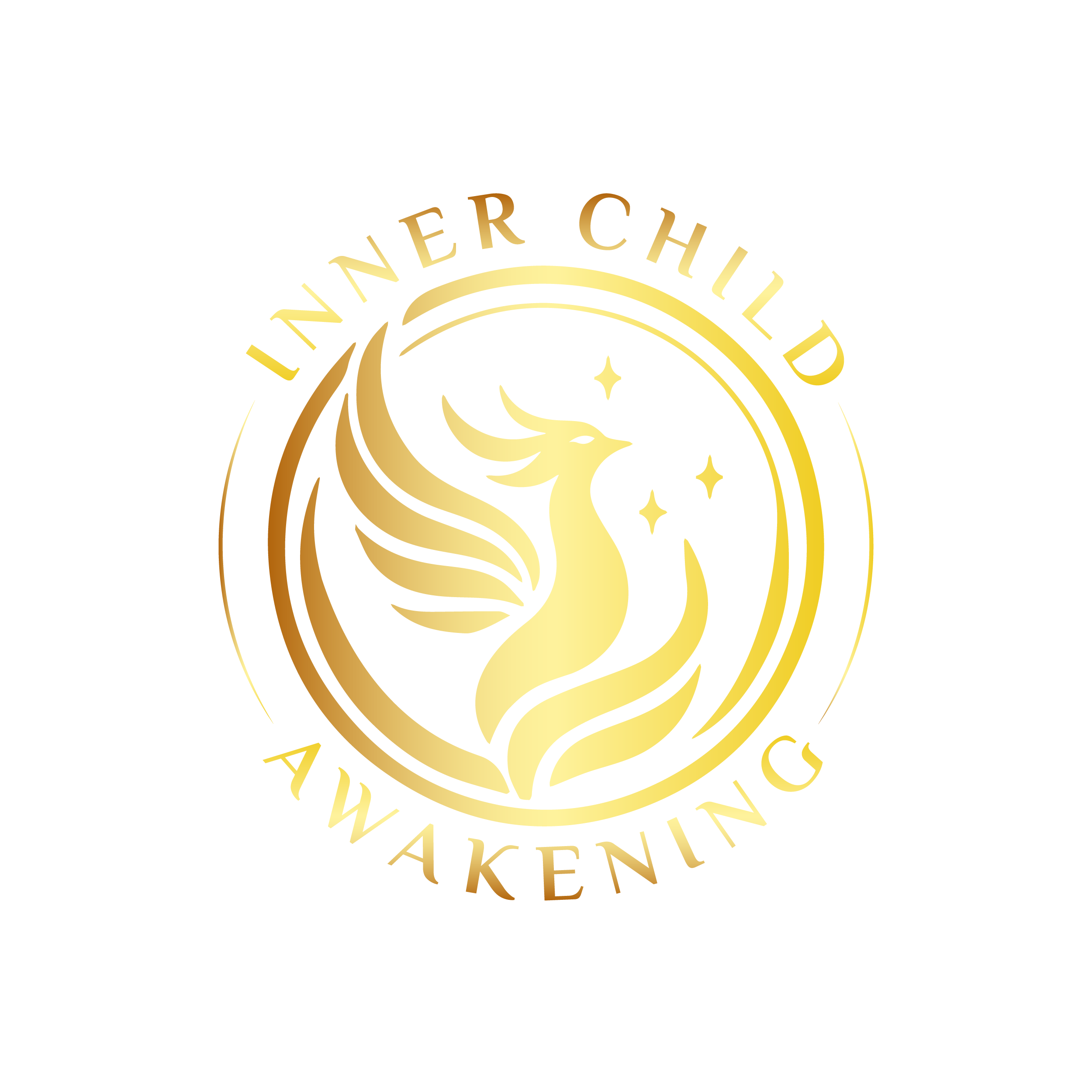Healing your inner child is about reclaiming that precious, forgotten part of yourself. It’s about revisiting and healing a part of you that felt very deeply, experienced joy and pain, and perceived the world from a standpoint of wonder and vulnerability. This can change your relationship with others and yourself and deepen your self-love, assisting you in guiding your personal growth. In this article post, we will explain what inner child work therapy is, its importance, and how it links to self-love.
What Is the Inner Child?
Your inner child is the emotional and psychological part of you that corresponds to your early experiences and feelings—that “little you” filled with hopes, fears, and dreams. This inner child is the bearer of past joys and traumas that influence the way you respond to life as an adult.
As a child, you feel everything very strongly. Sometimes, the experience is excellent and buoyant—other times, it is wounding or confusing. Life takes over as you grow older, and you may have learned to deny that feeling. But it does not go away; you hold it inside you, and it affects your behavior and emotions.
Why Pay Attention to the Inner Child?
Still, think of your inner child work therapy; when left unattended, weeds and pests destroy the beautiful plants that need to be brought out. In the same way, unhealed childhood emotional wounds hurt most, ushering problems into your mental and emotional well-being, such as self-doubt, anxiety, or unhealthy relationships.
Buried Emotions: This is a reality because bad memories from a childhood experience leave indelible scars. If not worked on, they generate feelings of sadness, anger, or fear. Consequently, healing the inner child enables one to handle and process the emotions.
Self-Doubt and Low Self-Esteem: If your inner child was ignored or condemned, you are probably suffering from self-doubt. Healing these wounds boosts confidence and allows one to appreciate one’s worth.
Relationship Issues: Unconscious patterns carried forward from childhood determine the way you relate to others. Unresolved issues between partners could finally result in a diseased relationship, a fear of getting too close or inviting unhealthy partners. Healing can make a noticeable change in your interactions with others.
Emotional Resilience: Healing the needs of the inner child now results in emotional resilience for the individual. They can now deal with issues of life with a healthier mind frame.
Steps to Heal Your Inner Child
Understand Your Inner Child: Take a journey through your memories back to childhood years and answer the questions: What were the happiest moments? Which were the most painful? Here, journaling might help you go to the ones that you have hidden away. Ask yourself, “What did I need then?” or “What was I afraid of?
Allow yourself to feel the emotions associated with these thoughts and memories: It’s okay to feel sad, angry, or confused. By accepting and talking about the experience, you are validating it, which is a step toward healing through inner child work therapy.
- Validate and Reassure: Think of your younger self. What would you say to them to validate their feelings and reassure them? Speak to yourself with the same care you would use with a friend. Let your inner child know that they are safe now; let them know that the feelings they are having are valuable.
- Practice Forgiveness: Forgiveness can be construed as a significant step toward healing. This does not mean you are excusing any harm but releasing the hold of anger and resentment. Forgive those who have hurt you, but above all, be sure to forgive yourself for any mistakes or shortcomings.
Love and Care for Yourself:
- Be kind to yourself, and take good care of your body.
- Do things that make you happy and that relax you.
- Create an environment that will help you nurture your inner child to have love and appreciation.
Set Healthy Boundaries: Setting boundaries is a part of healing. It protects your well-being, enables you to maintain healthy relationships, and offers protection from harm. Learn to assert your needs and protect your emotional space.
Seek Professional Help: Healing the inner child may require a therapist or a counselor at some point who can help you navigate all those complex feelings and experiences.
How Healing of the Inner Child Relates to Self-Love
Self-love is the act of accepting and appreciating oneself in totality with your past experiences, imperfections, and all. The healing of the inner child plays a significant part in the development of self-love for an array of reasons, including inner child work therapy
Embrace Vulnerability Your inner child reveals to you that being vulnerable is a strength, not a weakness. By helping you articulate emotions, you build self-compassion and empathy toward yourself and others.
- Breaking Negative Patterns: Many unhealthy behavior patterns in life or relationships are byproducts of unresolved childhood wounds. This healing can allow you to let go of the negativity that a pattern brings, allowing room for more positive interaction or outlook.
With each healing, such feelings of self-doubt and insecurity are released from the inner child. This confidence builds and allows you to believe in your abilities and worth and gives you so much self-love.
- Authentic Living: Your inner child knows who you really are—not a result of societal expectations or external pressures. Healing puts you in touch with your true self, leading to a more genuine and fulfilling life.
- Cultivating Compassion: In Healing Your Inner Child: How to Love Yourself, you learn how to be compassionate to yourself. Because of such self-compassion, an individual develops an increased ability to treat other people well, which increases their relational and general happiness.
Practical Tips on Including Daily Self-Love
Daily Affirmations: Use positive affirmations for daily reinforcement. With statements like “I am worthy of love and respect” goes your mindset.
Self-Care Routine: Develop a routine focusing on self-well-being, such as meditation, exercise, or even pastime activities that you enjoy.
Gratitude Practice: Keep a journal in which to jot down things you appreciate. This will keep you looking up to the better things in life, thereby increasing your feelings of self-worth.
Mindfulness and Meditation: Activities, exercises, or techniques used to stay connected with oneself and stay in tune with surrounding information or manage stress.
Surround Yourself with Positivity: Surround yourself with the right people. Their presence tends to boost any initiative for self-love.
Conclusion
Heal the inner child; this is so powerful toward self-love, going back and taking care of unfinished business—it is facing up to past hurts to sew them up, embrace your feelings, and hold yourself with compassion and care. It is when you fulfil the needs of the inner child that the neon sign that is pointing to self-acceptance, confidence, and real happiness will all light up. Watch, however, that every self-loving healing journey is ever ongoing. Have patience with yourself and celebrate every step taken toward a more fulfilled and loving self. Embrace the process, knowing you deserve to be as loving and kind to yourself as possible.

